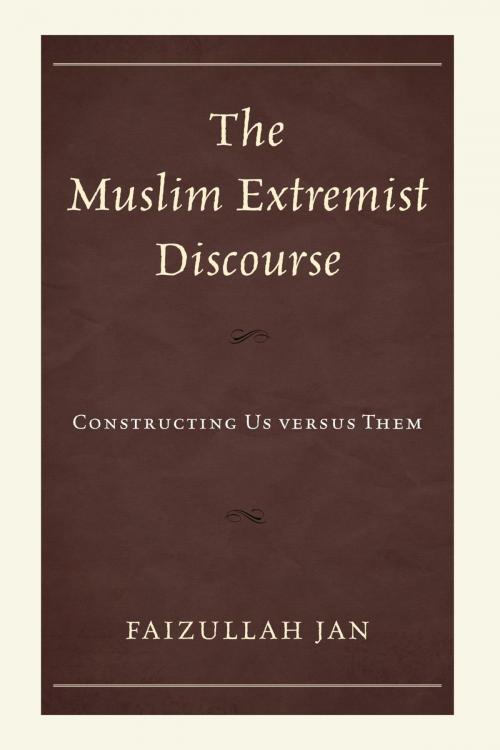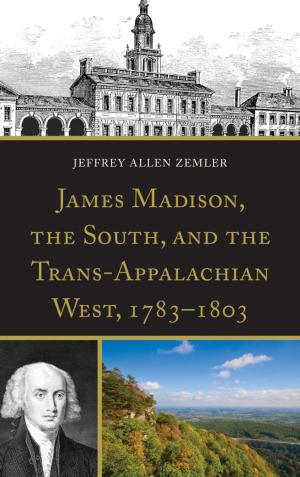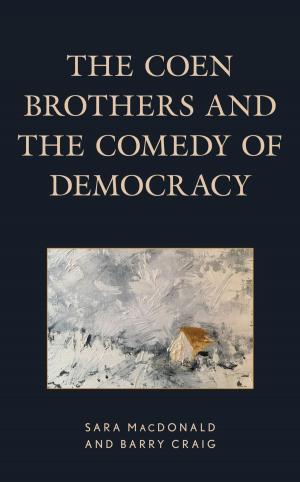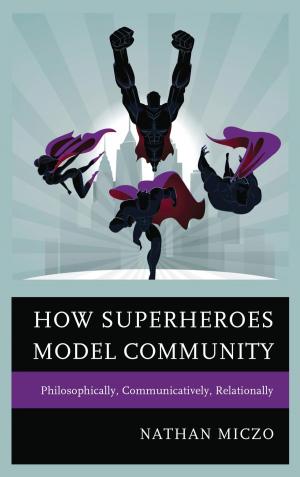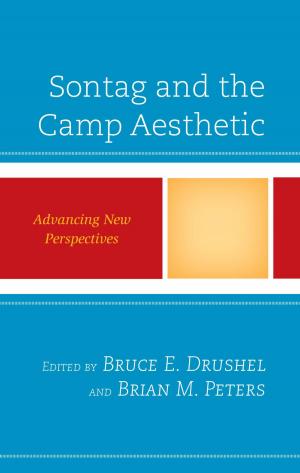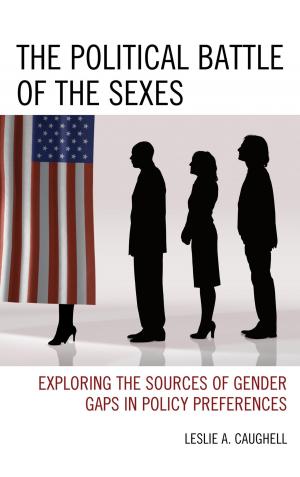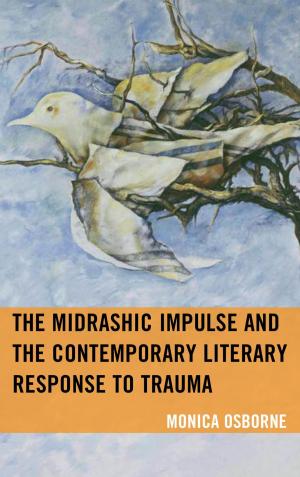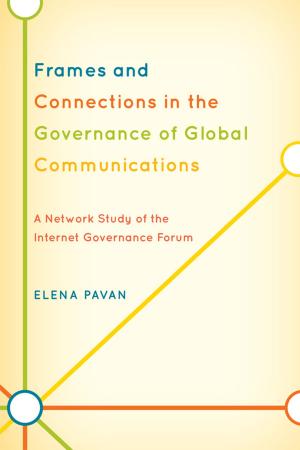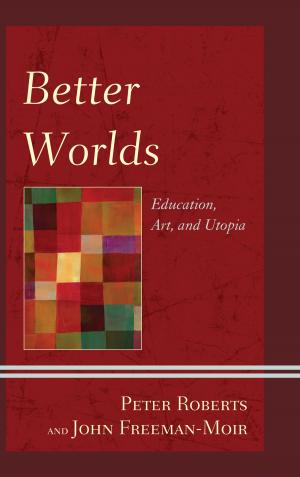The Muslim Extremist Discourse
Constructing Us versus Them
Nonfiction, Social & Cultural Studies, Political Science, Government, Public Policy| Author: | Faizullah Jan | ISBN: | 9781498520386 |
| Publisher: | Lexington Books | Publication: | November 12, 2015 |
| Imprint: | Lexington Books | Language: | English |
| Author: | Faizullah Jan |
| ISBN: | 9781498520386 |
| Publisher: | Lexington Books |
| Publication: | November 12, 2015 |
| Imprint: | Lexington Books |
| Language: | English |
This unique book analyzes the discourse of organizations affiliated with al-Qaeda. It interrogates the discourse of these extremist organizations, which publish their own newspapers. These publications, widely distributed to the local population, play a critical role in securing and maintaining public support for the militant organizations. The book examines how these organizations discursively construct the socio-political reality of their world, in the process defining the Self and the Other. The Self becomes umma, or the global Muslim community, while the Other becomes the West, including the United States, Israel, and India. This book presents an analysis of three historical moments—the assassination of al-Qaeda chief Osama Bin Laden, the controversial YouTube video Innocence of the Muslims, and the shooting of the Pakistani child activist and Nobel Laureate Malala Yousafzai. This analysis reveals the discursive strategies used by the militant organizations to create what Foucault calls regimes of truth and articulate identities of the Self and the Other.
The first of its kind, this book provides an insight into the mind-set of extremists. It presents a picture of the world that extremists construct through their own discourse and explains how extremists try to win the hearts and minds of mainstream Muslims in order to expand their support base, seek donations, and find new recruits. Understanding extremist narratives and the ways they feed the broader militant discourse may yield more meaningful and effective strategies for the West to communicate with mainstream Muslims.
This unique book analyzes the discourse of organizations affiliated with al-Qaeda. It interrogates the discourse of these extremist organizations, which publish their own newspapers. These publications, widely distributed to the local population, play a critical role in securing and maintaining public support for the militant organizations. The book examines how these organizations discursively construct the socio-political reality of their world, in the process defining the Self and the Other. The Self becomes umma, or the global Muslim community, while the Other becomes the West, including the United States, Israel, and India. This book presents an analysis of three historical moments—the assassination of al-Qaeda chief Osama Bin Laden, the controversial YouTube video Innocence of the Muslims, and the shooting of the Pakistani child activist and Nobel Laureate Malala Yousafzai. This analysis reveals the discursive strategies used by the militant organizations to create what Foucault calls regimes of truth and articulate identities of the Self and the Other.
The first of its kind, this book provides an insight into the mind-set of extremists. It presents a picture of the world that extremists construct through their own discourse and explains how extremists try to win the hearts and minds of mainstream Muslims in order to expand their support base, seek donations, and find new recruits. Understanding extremist narratives and the ways they feed the broader militant discourse may yield more meaningful and effective strategies for the West to communicate with mainstream Muslims.
